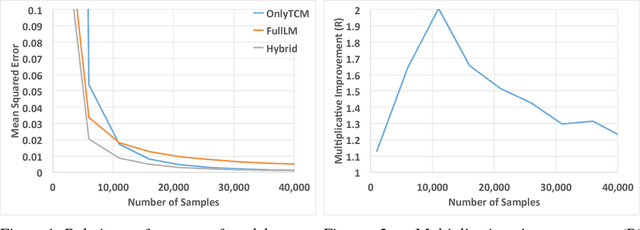The Power of The Hybrid Model for Mean Estimation
Paper and Code
Nov 29, 2018
In this work we explore the power of the hybrid model of differential privacy (DP) proposed by Avent et al., where some users desire the guarantees of the local model of DP and others are content with receiving the trusted curator model guarantees. In particular, we study the accuracy of mean estimation algorithms for arbitrary distributions in bounded support. We show that a hybrid mechanism which combines the sample mean estimates obtained from the two groups in an optimally weighted convex combination performs a constant factor better for a wide range of sample sizes than natural benchmarks. We analyze how this improvement factor is parameterized by the problem setting and how it varies with sample size.
* Workshop on Privacy Preserving Machine Learning, NeurIPS, 2018
 Add to Chrome
Add to Chrome Add to Firefox
Add to Firefox Add to Edge
Add to Edge